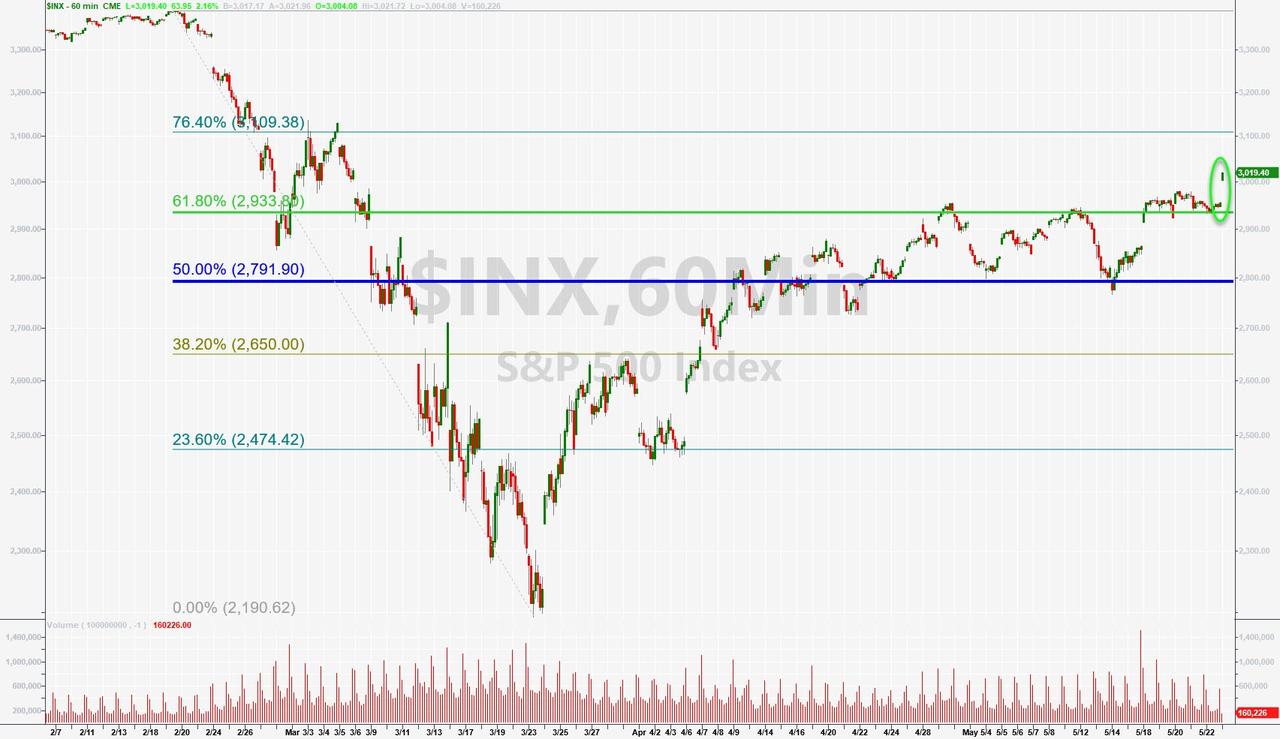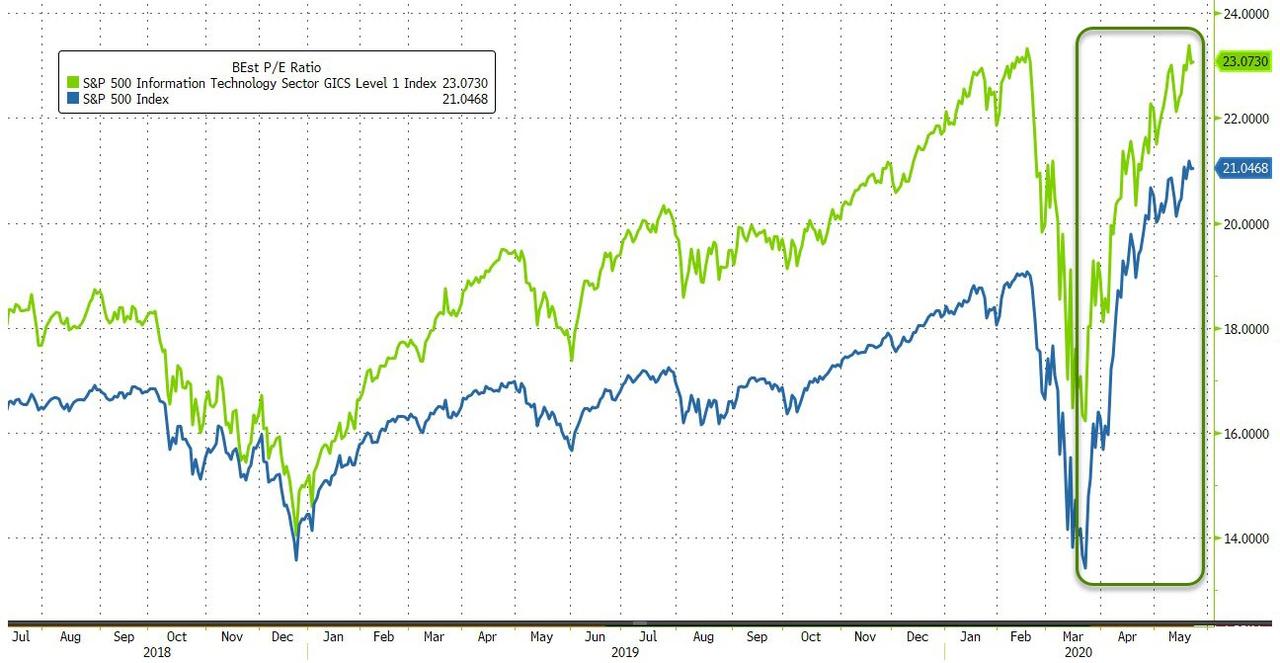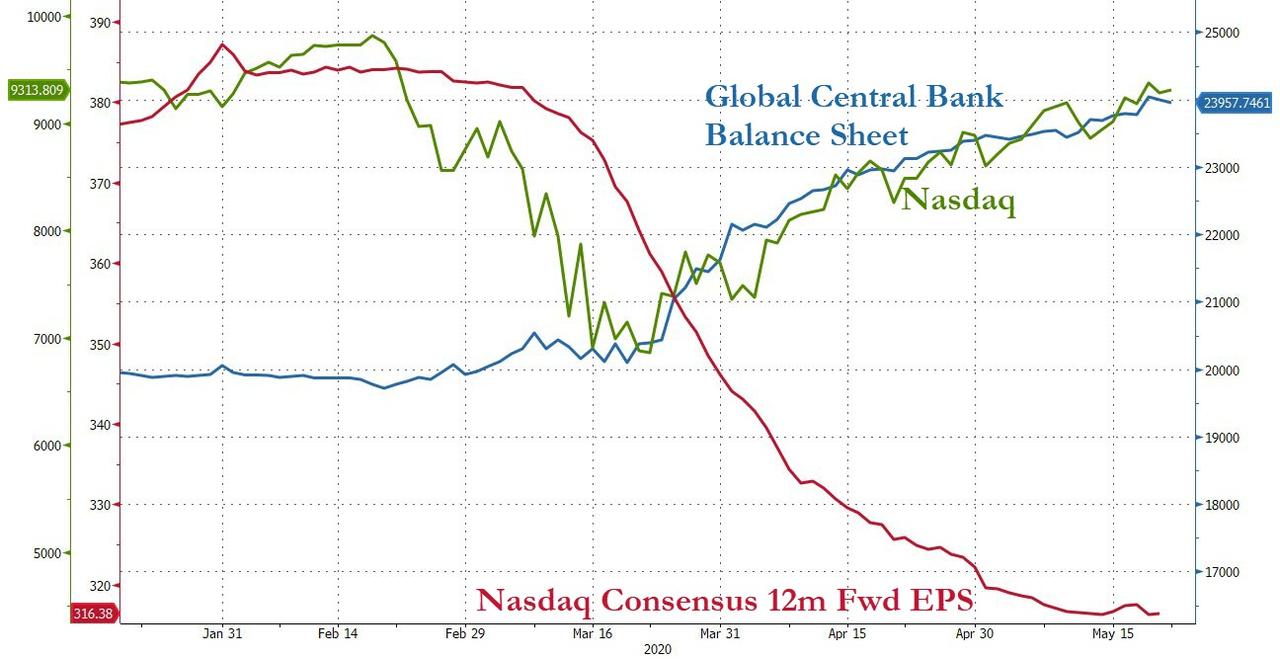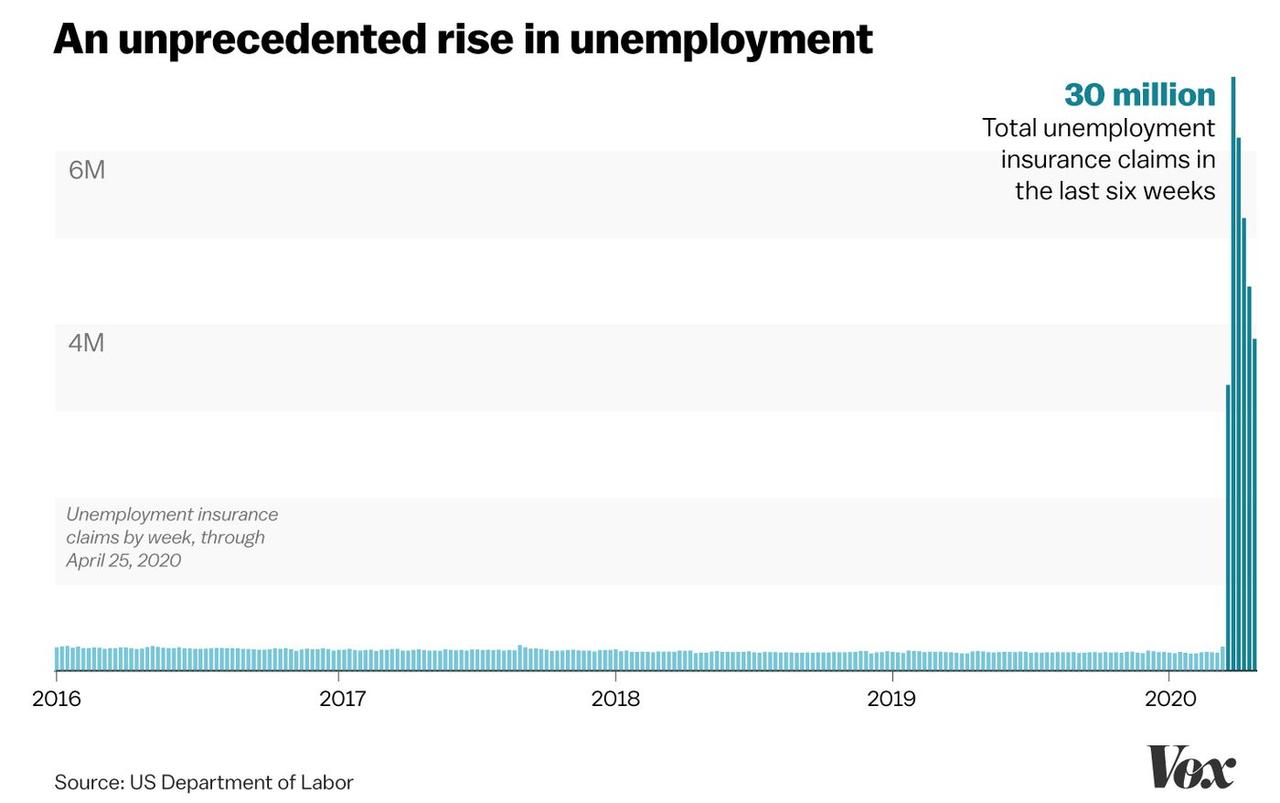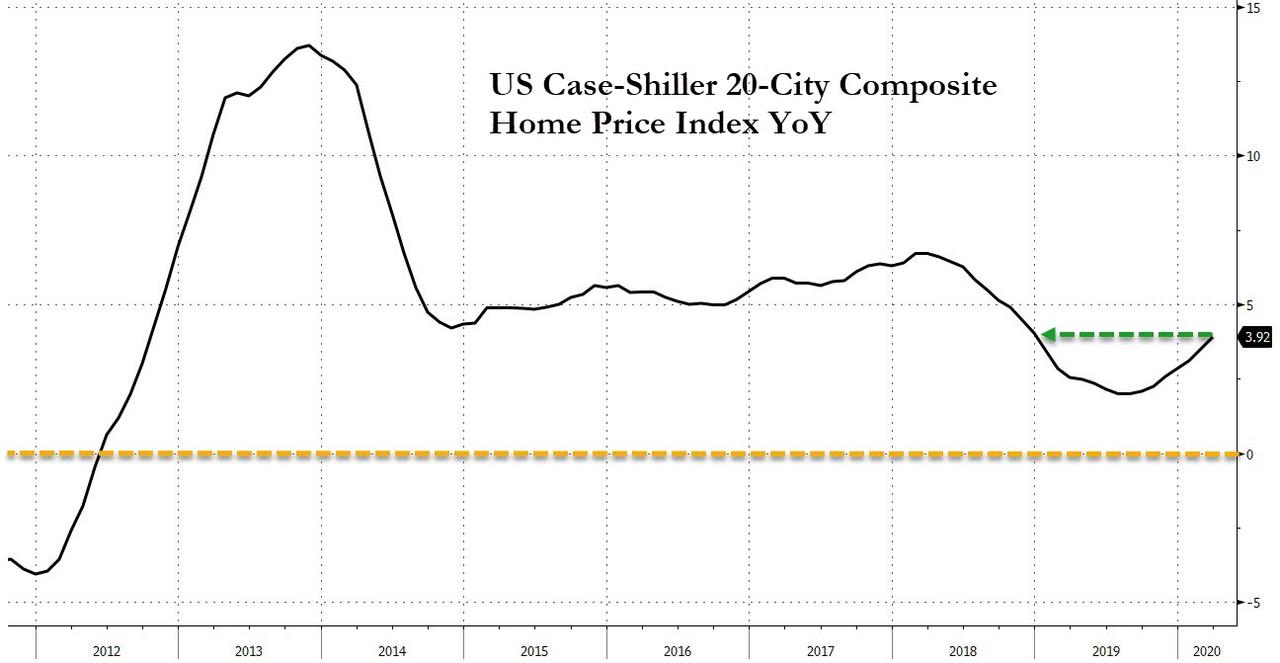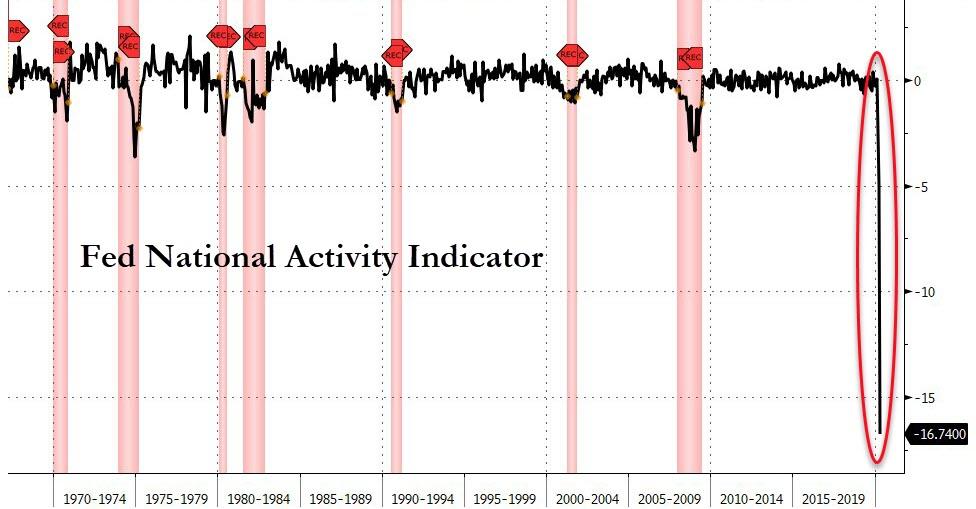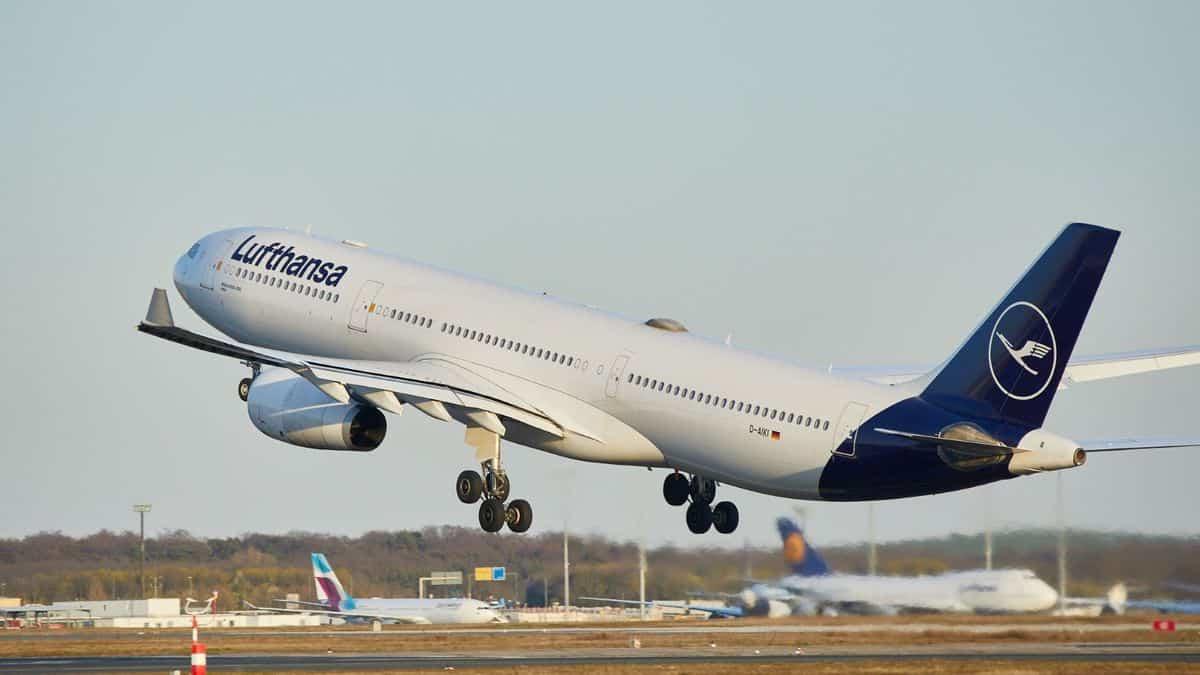Submitted by Michael Every of Rabobank
“Still arrogant and offensive”. Not today’s Daily – again, or not not deliberately and/or any more than yesterday.
Rather those four words reflect the entire British media’s response to PM Boris Johnson’s special advisor Dominic Cummings, who clearly broke the lockdown rules, but who then refused to apologise in a car-crash surreal press conference held in the sunny Downing Street rose garden, instead creating various excuses to justify his behaviour.
Indicative of how the public anger over Covid-19 and the lockdown has been channelled into this issue, the on-line version of the pro-Conservative Daily Telegraph has Cummings as the first TEN stories, including “Do not drive to test your eyesight like Dominic Cummings, police warn” and, more worryingly, “Beach-goers cite Dominic Cummings breaches as reason for packed resort”; he is the first SEVEN stories in the left-leaning Guardian; and via Twitter I even received a cut-out wearable Cummings face mask, with instructions that using it gives one license to break the lockdown rules at will.
All of this pushed news that “Project Birch” will now see the UK government take equity stakes in key industries, as in France and Germany, starting with carmakers and airlines right off the front pages. Somehow this Rubicon-crossing return to industrial policy in Britain was far less newsworthy on a quiet Bank Holiday/Memorial Day. The public and press both wanted to vent instead.
I would imagine that public anger is probably as high in many other countries as it is in the UK: the shock and strain of lockdown; the fear and/or reality of actual and looming economic deprivation; the lingering danger of the virus itself – all of this needs an outlet. In country after country we will likely see governments either be the conduit for this anger, or provide one externally, with unpredictable political and geopolitical consequences.
An obvious example is still the US and China. Yesterday US National Security Advisor O’ Brien publicly repeated reports that China has been engaging in espionage on US virus vaccine efforts. This generated a Chinese Ministry of Foreign Affairs tweet with equal politesse that read:
“Interesting to hear some US official talking about the story of the vaccine. Is this the new normal logic that if anyone has something better than mine then it must be stolen from me? Remember, China has 5000 years of history while the US has less than 250.”
More importantly, China’s acerbic Global Daily has just called US threats to impose sanctions on Hong Kong and China or to remove the territory’s special status a “nothingburger”. This is because “as the US is entangled in the COVID-19 epidemic, its actual ability to intervene externally is weakening…it is only bluffing”. Moreover, “the entire Western world will not follow the US. China is a huge market and the US is unable to provide enough compensation to offset the losses if Western countries become alienated from China.” A more conciliatory approach was being taken by China this morning, promising that Hong Kong’s judiciary would remain independent under the new proposed legislation – to much scepticism from critics. However, we won’t have to wait long to see if the US is bluffing or not – and the market risks are still all in one direction.
One area where the Global Times may be right, however, is on the West not necessarily following the US. Yesterday saw the EU’s top diplomat Josep Borrell call for a “more robust strategy” towards Beijing. However, he also chose Memorial Day, which commemorates the many lives the US sacrificed to free Europe, to note “analysts have long talked about the end of an American-led system and the arrival of an Asian century. This is now happening in front of our eyes….pressure to choose sides is growing.” No doubt who the EU sees as ascendant in this struggle. Moreover, rather than going with the US, the EU should “follow our own interests and values and avoid being instrumentalised by one or the other.”
This sounds rather like wanting to be a giant European Rick’s Café in ‘Casablanca’ as the rest of the world goes mad around it. Yet who is it who physically defends Europe in an uncertain world? It appears good ol’ mercantile Europe is unable to recall, even on US Memorial Day. Importantly, Borrell also noted that for the EU to successfully stand up to China it will require internal unity. How is that working out on the debt-sharing issue? “Play it again, Sam.”
Indeed, is it realistic to say ‘not with the US or China’ when this is a binary choice both sides can impose? Consider that the Global Times just published another editorial for Australia stating: “If the Trump administration plunges the world into a ‘new Cold War,’ forcing China to take countermeasures against the US and its allies, it would be extremely dangerous for Canberra to become a player in a diplomatic club led by the US, given Australia’s high dependence on the Chinese economy. Once Australia is regarded as a supporter of the US in a ‘new Cold War,’ China-Australia economic ties will inevitably suffer a fatal blow.” When does the EU get the same missive?
The time for pretending that these binary geopolitical threats to markets–which are like a series of ‘Brexit votes’ waiting to happen–is over’; unless one thinks that both the US AND Beijing are bluffing despite the rise in public anger, arrogance, and offense.
